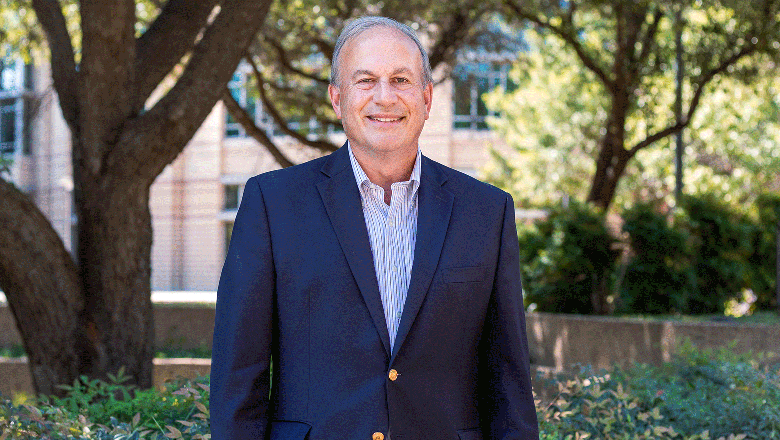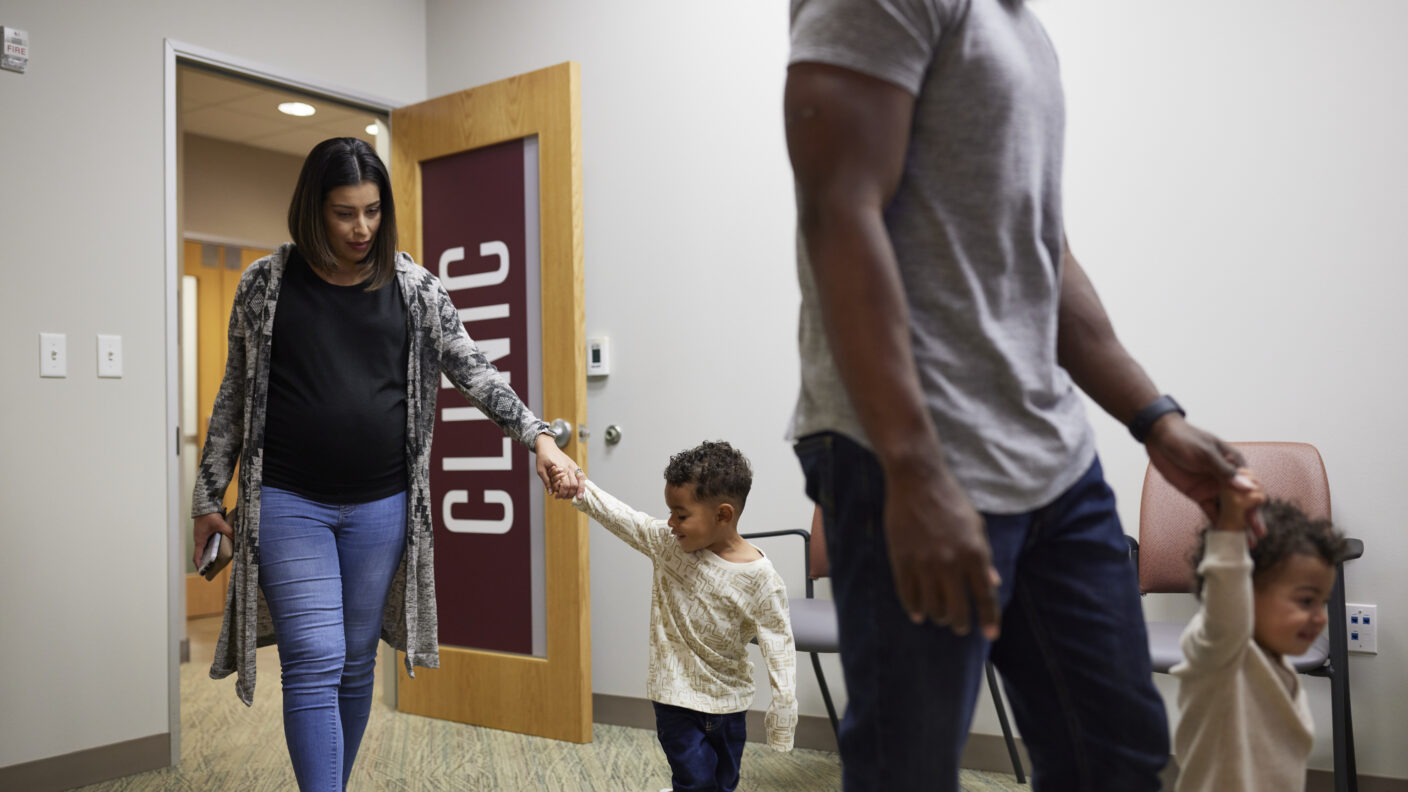Why is no one talking about generational change in health care?
Traditional deference to one’s elders within the medical profession is contributing to a wasted opportunity to improve a broken health care system, says a leading health policy researcher.

With five generations living as health care professionals, patients or both, researchers at Texas A&M are exploring what that means for an already broken health care system.
In a health care system often defined by sweeping legislation, entrenched hierarchies and rigid professional norms, Dr. William Sage is asking a simple question: Why aren’t we talking more about generational change?
Sage, a rare dual-degree holder in medicine and law, is the founding director of the Texas A&M Institute for Healthcare Access in Fort Worth. His research and scholarship are grounded in a provocative idea: generational shifts in both the health professions and the patient population are reshaping the system in ways we’re not fully recognizing, let alone addressing.
“Every time I’ve explored a context where generational change has been an important but understudied issue,” Sage said, “I’m reminded that it’s still an important and understudied issue.”
That insight is more than academic; it’s a foundational concept behind the institute, which was launched in 2023 with a mission to reframe and reinvigorate stalled conversations around health care access. And these conversations have often been dominated by politics, interest groups and outdated assumptions.
“Most of the challenges in health care are not new and they are not unsolvable,” he said. “It’s the conversations around them that have become stuck.”
Most of the challenges in health care are not new and they are not unsolvable. It’s the conversations around them that have become stuck.
A mission to improve the health care system
Sage’s approach is anything but stuck. He’s spent decades teaching in both law and medical schools, collaborating across disciplines, and has emerged with a broad view of how differing generations of patients and health care workers are experiencing the health care system.

Dr. William Sage
Just exploring the meaning of the word “professional” with varying generations has turned out to be an informative exercise, Sage said. He asks his students to draw pictures of what a “professional” across disciplines looks like — an exercise that, over 15 years, revealed subtle shifts in how members of different generations see themselves and their roles in society.
Those shifts, he argues, matter deeply.
In many fields, Sage says, younger professionals often defer to senior leaders out of habit or tradition, which can lead to stifling innovation and reinforcing outdated models of care. He said deference to senior leaders is a “feature of medicine” and can be detrimental.
“Stop asking people who are my age what you should do,” he once told a group of first-year medical students. “Talk to your peers in all the relevant professions and figure it out yourselves.”
But the problem isn’t just internal. Sage points out that the public often views health professionals as caricatures, rather than the individuals they are.
“It’s deference within, but it’s also caricature from without,” he said, noting that the public often views health professionals as caricatures, rather than the individuals they are. “That kind of thinking is incredibly constraining to every generation that follows.”

It takes an interdisciplinary approach to tackle the biggest challenges in health care.
Focusing on health care access
Sage’s own career defies easy categorization. He earned his undergraduate degree at Harvard, then completed both his M.D. and J.D. at Stanford. He’s held faculty positions at Columbia, the University of Texas at Austin, and now Texas A&M, and he’s been elected to membership in both the National Academy of Medicine and the American Law Institute. He’s written hundreds of articles and edited major volumes including the “Oxford Handbook of U.S. Health Law” (2016).
His work spans health system design, market competition, patient safety and medical liability, professional ethics, and regulation of health care services, health insurance, biomedical innovation and more. But it’s his role as a mentor and collaborator that drives his thinking about generational change. “Part of it is, I’m a teacher,” he said. “So you experience generational change personally as well as thinking about it intellectually.”
That experience helped shape the Institute for Healthcare Access, which focuses efforts on four key areas:
- Collaborative health policy research that connects medical, legal and social data to improve health and access to health care.
- Interdisciplinary health-related education across Texas A&M’s schools and departments.
- Place-based clinical and community service in Fort Worth and beyond.
- Convenings and communication that bring together thought leaders, practitioners and community members.
Generational change permeates all four focus areas, Sage explained. From education to clinical engagement, he sees generational dynamics as a key to unlocking better health outcomes and more equitable systems.
It’s a perspective that’s helping Texas A&M lead a new kind of conversation — one that’s long overdue.
